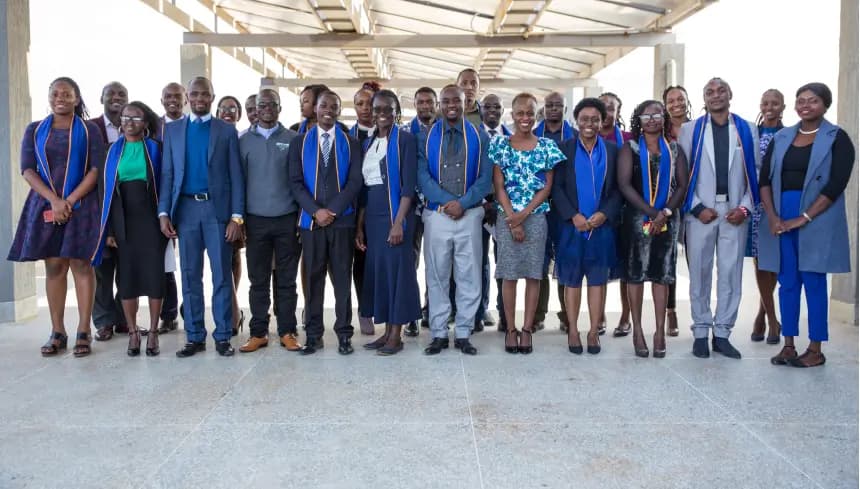
Empowering Young People in Policy-Making: A Path to Inclusive Governance
Young people play a crucial role in shaping the policies that affect their present and future. With Africa’s population being predominantly youth, their involvement in decision-making is essential for creating policies that address their needs and aspirations. However, despite their numbers, young people often face barriers to meaningful participation in governance and policy-making. Overcoming these challenges is key to building a more inclusive and progressive society.
Why Youth Involvement in Policy-Making Matters
Young people bring fresh perspectives, innovative solutions, and a deep understanding of the challenges affecting their communities. Their engagement ensures that policies are reflective of the broader society and address contemporary issues such as education, employment, healthcare, and climate change. When youth are included in policy discussions, governance becomes more representative and responsive to the needs of all citizens.
Ways Young People Are Shaping Policy
1. Youth Movements and Advocacy Groups
Young-led organizations are actively pushing for policy reforms in areas such as climate action, human rights, and education. These movements are holding governments accountable and ensuring that youth voices are heard at national and international levels.
2. Participation in Governance
More young people are stepping into leadership roles by running for political office, serving in youth councils, and contributing to advisory boards. Their presence in decision-making bodies helps bridge the gap between youth concerns and government actions.
3. Digital Activism
The rise of social media and digital platforms has provided young people with powerful tools to influence policy. Through online campaigns, petitions, and discussions, youth can mobilize support and drive awareness on critical issues affecting their societies.
Challenges to Youth Participation in Policy-Making
Despite their enthusiasm and potential, young people encounter several challenges, including:
- Limited Access to Decision-Making Spaces: Many governance structures do not provide opportunities for youth participation.
- Lack of Financial and Institutional Support: Youth-led initiatives often struggle to secure funding and recognition.
- Resistance from Traditional Leadership: Older policymakers may be reluctant to share power and include youth in decision-making.
Creating Opportunities for Youth Participation
To foster greater youth involvement in policy-making, governments, organizations, and institutions must:
- Establish youth advisory councils that provide a formal platform for policy contributions.
- Support mentorship programs that connect young people with experienced policymakers.
- Invest in education and training to equip youth with the skills needed for effective governance.
- Promote legal reforms that lower barriers to youth participation in politics and decision-making.
Conclusion
Young people are not just the leaders of tomorrow; they are the changemakers of today. Their participation in policy-making is crucial for ensuring that governance is inclusive, forward-thinking, and representative of all generations. By breaking down barriers and creating opportunities for youth engagement, Africa can harness the full potential of its young population and pave the way for sustainable development and inclusive governance.